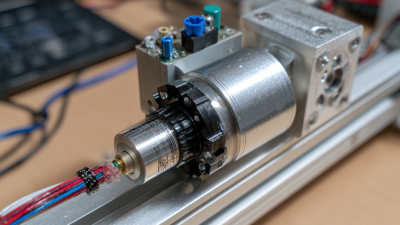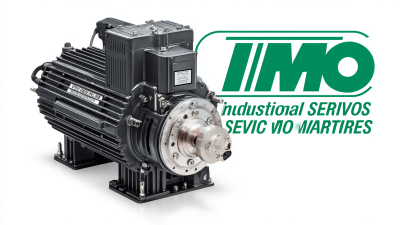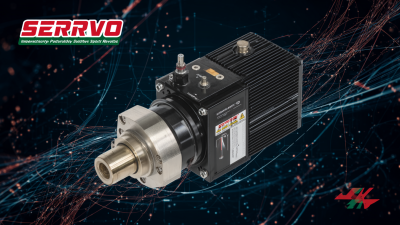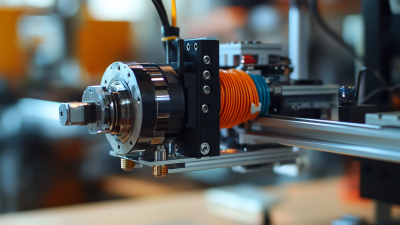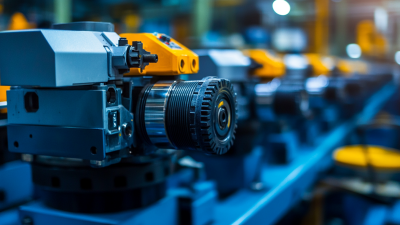
-
Home
-
Products
-
Application
-
Documents
-
News
-
Blog
-
Blog
-
Sinsegye
Leave Your Message
-
Wechat OA

-
 Baijia Hao
Baijia Hao



 Baijia Hao
Baijia Hao

In the rapidly evolving landscape of modern manufacturing, the integration of advanced technologies stands as a cornerstone for enhancing operational efficiency and productivity. Among these technologies, Servo Motors have garnered significant attention, as they provide precise control and high performance in applications ranging from automated assembly lines to robotic systems.
According to a recent report by Research and Markets, the global servo motors market is projected to reach USD 11.3 billion by 2025, growing at a CAGR of 6.5% due to increasing automation across industries. This surge is attributed to the ability of Servo Motors to deliver superior speed, accuracy, and reliability compared to traditional motors.
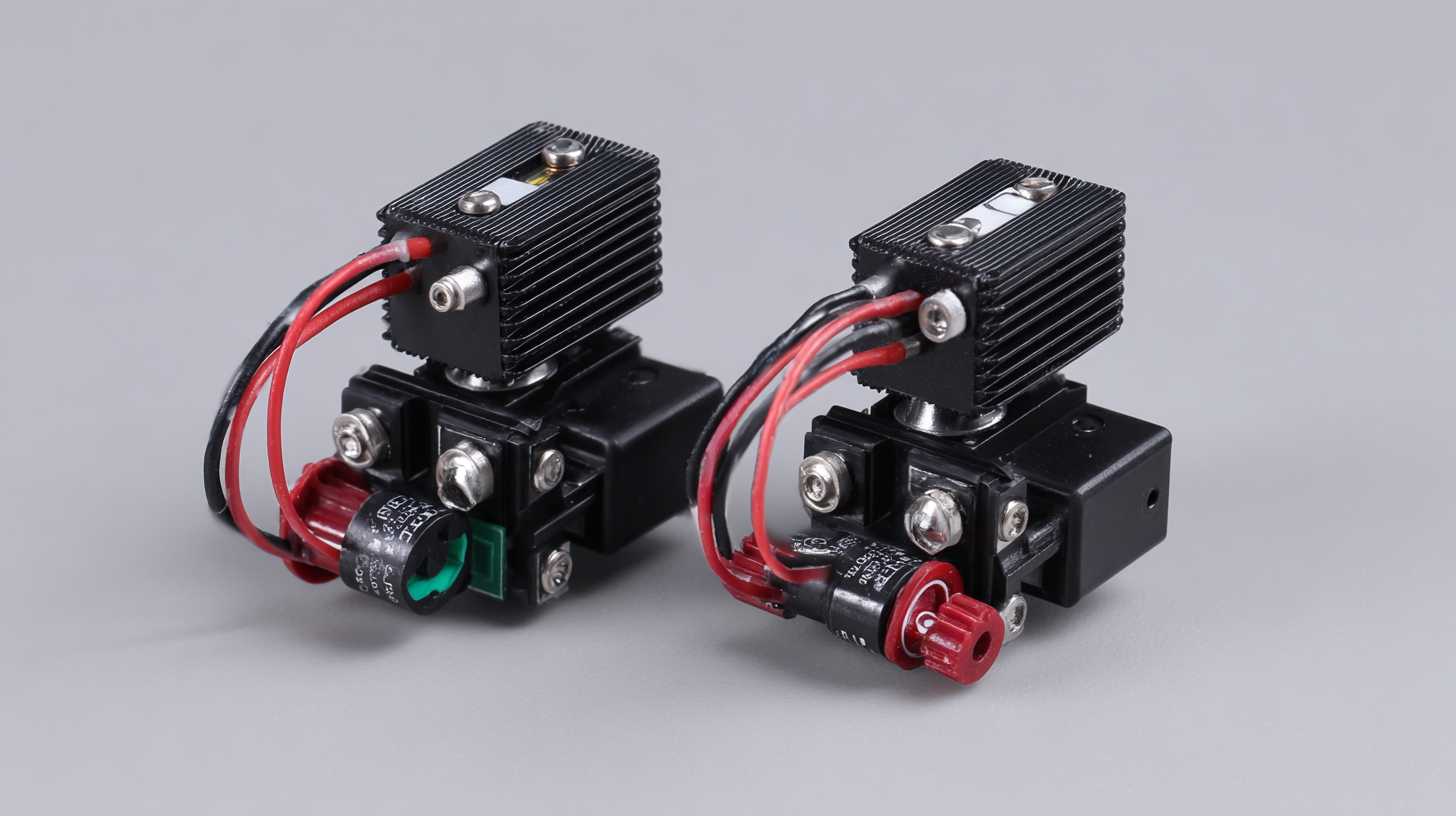
As manufacturers strive towards optimizing processes and reducing downtime, the advantages of adopting Servo Motors become increasingly evident, positioning them as a vital component in the future of smart manufacturing.
In modern manufacturing, the precision of processes can make or break product quality. Servo motors stand out as a key technology enabling enhanced precision across various manufacturing applications. Unlike traditional motors, servo motors offer superior control over position, speed, and torque, which is essential for tasks that require meticulous accuracy. Their closed-loop control systems continuously monitor and adjust motor performance, minimizing errors and ensuring a high level of consistency in production.
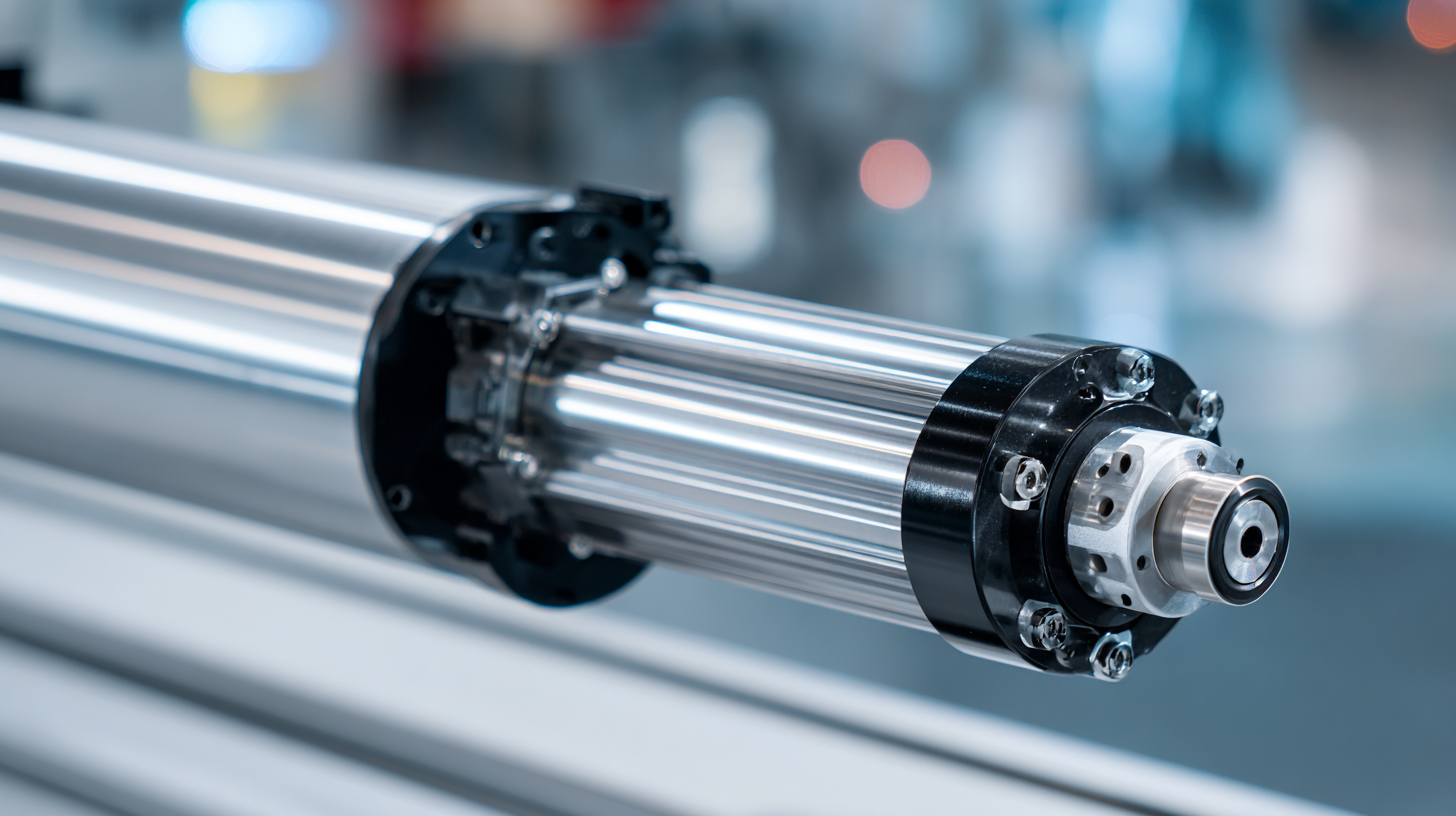
Furthermore, the increasing integration of automation in manufacturing has led to a significant rise in the adoption of servo motors. These motors are not only efficient but also adapt well to the demands of sophisticated manufacturing techniques, such as ultra-precision diamond turning. For example, new algorithms for tool path generation that focus on minimizing residual errors leverage the capabilities of servo motors, allowing for intricate and detailed work. This trend towards automation and precision reinforces the significance of servo motors as essential components in the quest for enhanced manufacturing efficiency and product quality.
Servo motors are transforming modern manufacturing by enhancing energy efficiency, significantly impacting operational costs. Unlike traditional motors, servo motors use feedback systems to control speed, position, and torque accurately, reducing energy consumption during non-active periods. This precision translates to improved productivity and significant savings on power bills, making them a sustainable choice for manufacturers aiming to lower their environmental footprint.
Tips for Implementing Servo Motors:
1. Assess your production line's specific needs to determine the best type of servo motor. Consider factors like load requirements, speed, and application.
2. Regular maintenance of servo systems is crucial for preserving their energy efficiency. Schedule routine checks to ensure all components are functioning optimally.
3. Train your team on the benefits and operation of servo technology, as employee understanding contributes to maximizing the efficiency and effectiveness of these systems.
By integrating servo motors, manufacturers can not only benefit from enhanced performance but also contribute to a more energy-efficient future, promoting both economic growth and environmental sustainability.
In today's rapidly evolving manufacturing landscape, adaptability and flexibility are critical to meeting diverse production demands. Servo motors stand out as a prime solution, offering precise control and quick responsiveness. Their ability to dynamically adjust to varying workloads makes them indispensable in environments where product specifications frequently change. By integrating servo motors, manufacturers can easily switch between different tasks, enhancing their operational efficiency without requiring extensive reconfiguration.
Tip: When implementing servo motors, consider using programmable logic controllers (PLCs) that allow for seamless reprogramming as production needs shift. This can significantly reduce downtime during equipment changes.
Moreover, servo motors contribute to energy savings, which is a growing concern in modern manufacturing. Their efficiency allows for reduced power consumption while maintaining high performance levels, aligning with sustainability goals. This not only helps in cutting costs but also supports companies in meeting environmental regulations.
Tip: Regularly monitor the performance of servo motors to identify any inefficiencies. Implementing predictive maintenance can be a game changer, ensuring that the motors operate at peak performance and reliability.
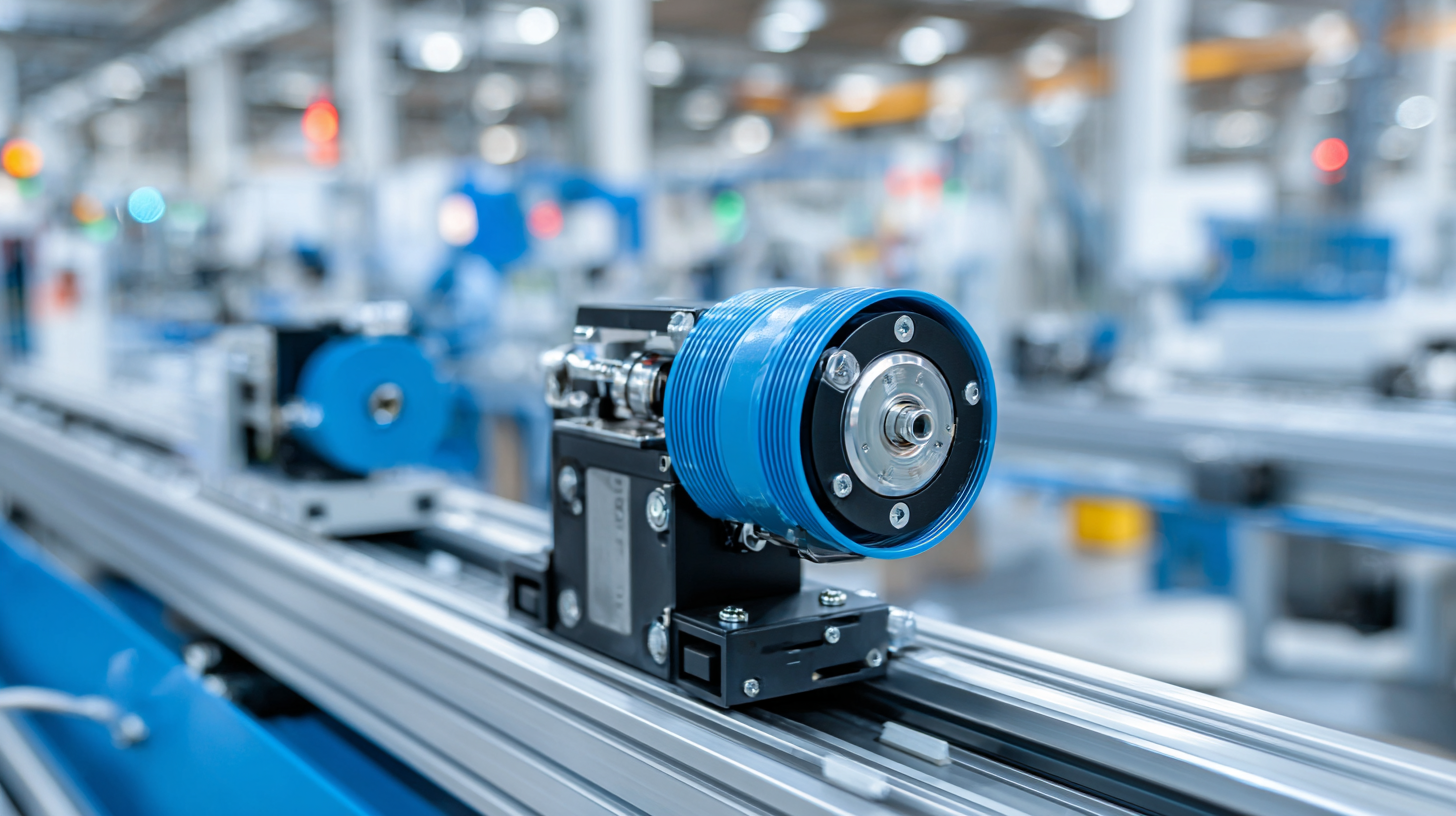
In the realm of modern manufacturing, servo motors stand out for their ability to significantly reduce maintenance costs over time. According to a report by the International Journal of Advanced Manufacturing Technology, companies that implement servo motor systems can see maintenance expenses cut by up to 30%. This reduction stems from the servo motors' precision and reliability, which diminish wear and tear on machinery. With fewer mechanical failures and less frequent servicing required, businesses can allocate resources more strategically, leading to considerable long-term savings.
**Tip:** When considering servo motors, opt for models with integrated diagnostics. These advance features provide real-time monitoring of motor performance, allowing operators to address potential issues proactively, further minimizing downtime and maintenance costs.
Moreover, servo motors contribute positively to operational efficiency. The ability to maintain optimal operating conditions means that manufacturers can produce goods faster and with better quality. A study published by the Manufacturing Institute shows that businesses utilizing servo-driven systems report up to a 25% increase in productivity. This boost not only elevates output but also enhances the overall return on investment, making servo motors a prudent choice for contemporary manufacturing environments.
**Tip:** Regular training for operators on the benefits and functions of servo systems can enhance machinery efficiency, ensuring that the full advantages of reduced maintenance and increased productivity are realized.
In modern manufacturing, servo motors play a pivotal role in enhancing production accuracy and quality control, thanks to their advanced real-time feedback systems. These systems continuously monitor the position, speed, and torque of the motor, allowing for precise adjustments during the manufacturing process. By providing immediate data on machine performance, the feedback loops enable manufacturers to maintain tight tolerances and reduce variability in production. This real-time monitoring translates into higher quality products and less wasted material, as any deviations from preset standards can be quickly rectified.
Moreover, the use of servo motors with sophisticated feedback mechanisms contributes to the overall efficiency of manufacturing operations. These motors can adapt to changing conditions, automatically recalibrating to optimize performance. This adaptability not only minimizes downtime but also ensures that production lines can respond swiftly to shifts in demand or unforeseen challenges. The combination of precision control and flexibility empowers manufacturers to achieve higher output levels while maintaining excellent quality, reinforcing the importance of servo motors in the landscape of modern manufacturing.
This chart illustrates the various advantages of using servo motors in modern manufacturing processes, highlighting their impact on production accuracy and quality control.
